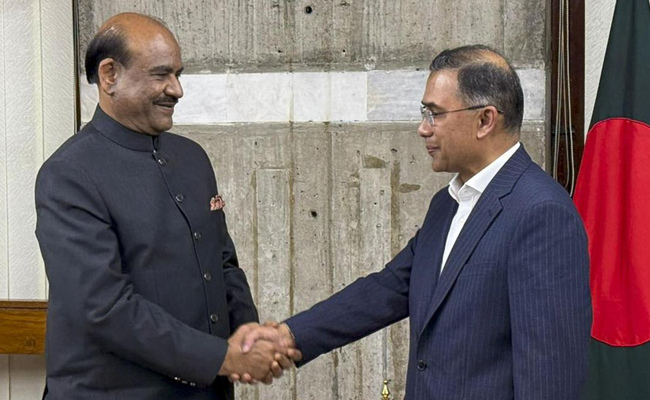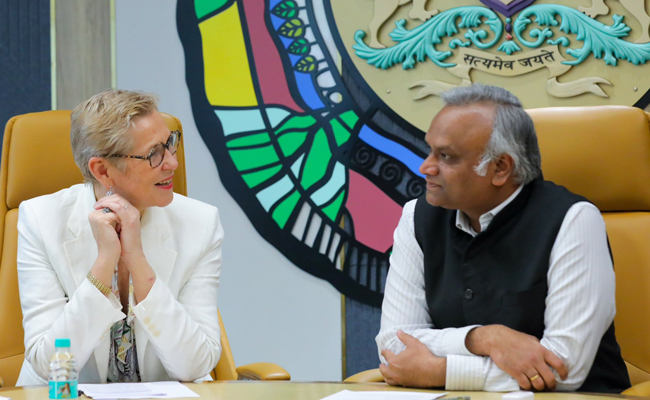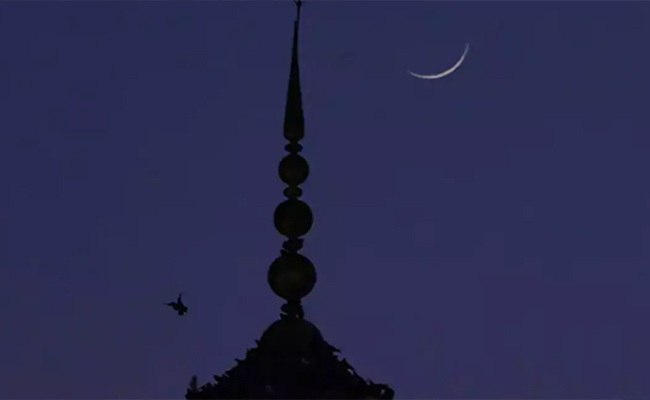New Delhi, April 21: Human rights organisation Amnesty International India on Saturday termed a "knee-jerk reaction" the decision to introduce death penalty for those convicted of raping a child below the age of 12, calling on the government to improve implementation of existing laws to protect children from sexual abuse.
"The government's decision to introduce death penalty through an ordinance is a knee-jerk reaction that diverts attention from the poor implementation of laws on rape and child protection," said Amnesty International India Programme Director Asmita Basu.
"Studies have shown that most perpetrators are 'known' to child victims and introducing the death penalty in such circumstances will only silence and further endanger children. Both the Justice Verma Committee and India's Law Commission have questioned the deterrent value of death penalty in preventing crimes.
"Instead, the government must allocate adequate resources for the effective implementation of existing laws, improve conviction rates and ensure that justice is done in all cases of child abuse. The President (Ram Nath Kovind) must not approve this regressive ordinance, as it does little to promote the best interests of children," she added.
The Union Cabinet on Saturday approved an ordinance that provides for death penalty to those convicted of raping a child below the age of 12 and life term for raping a girl below age of 16.
The ordinance comes in response to nationwide protests against the alleged gang-rape and murder of an eight-year-old girl in Jammu and Kashmir's Kathua region.
According to media reports, the ordinance will amend the Indian Penal Code (IPC), the Evidence Act, the Code of Criminal Procedure (CrPC) and the Protection of Children from Sexual Offences (POCSO) Act to introduce a new provision to sentence convicts of such crimes to the punishment of death.
The National Crime Records Bureau's Crime in India Report, 2016, highlighted that only 28.2 per cent of the child sexual abuse cases brought to trial have resulted in convictions.
Despite the low conviction rates, recently four Indian states, Madhya Pradesh, Rajasthan, Haryana and Arunachal Pradesh, have introduced the death penalty for the rape of girls below the age of 12.
Let the Truth be known. If you read VB and like VB, please be a VB Supporter and Help us deliver the Truth to one and all.
New Delhi (PTI): Lok Sabha Speaker Om Birla on Tuesday attended the swearing-in ceremony of new Bangladesh Prime Minister Tarique Rahman in Dhaka, and said India stands ready to support Bangladesh's endeavours to build a democratic, progressive and inclusive nation.
Separately, the speaker called on the new Bangladesh prime minister and conveyed the wishes of Prime Minister Narendra Modi.
He also handed over an invitation from Prime Minister Modi to Rahman to visit India, officials said here.
“Glad to attend the swearing-in ceremony of the new government of Bangladesh led by Prime Minister Tarique Rahman in Dhaka today. India stands ready to support Bangladesh’s endeavours to build a democratic, progressive and inclusive nation,” Birla posted on X.
Bangladesh High Commissioner to India, Riaz Hamidullah, said in a post on X, “Prime Minister Tarique Rahman conveys his greetings to India and PM Narendra Modi to the visiting India Lok Sabha Speaker Om Birla at a courtesy meet following the swearing-in of the new government.
“Speaker Birla conveyed wishes and an invitation to India. Both leaders expressed optimism to work together for the well-being of the people of Bangladesh and India, pursuing a people-centric menu of cooperation.”
Birla also met Maldives President Mohamed Muizzu, Bhutan Prime Minister Tshering Tobgay and other leaders on the sidelines of the event.
Led by Rahman, the Bangladesh Nationalist Party (BNP) swept to power with a two-thirds majority with 49.97 per cent votes and 209 seats in the polls held on February 12, results for which were declared on February 13.
The Jamaat-e-Islami, which was opposed to Bangladesh's independence from Pakistan in 1971, registered its best-ever performance with 31.76 per cent votes and 68 seats.
The National Citizen Party (NCP) secured the third-highest number of seats, six, and 3.05 per cent votes.
Bangladesh had invited Narendra Modi to the ceremony, but the prime minister could not attend the event as he was scheduled to hold talks with French President Emmanuel Macron in Mumbai on Tuesday.
On reaching Dhaka, Birla said the swearing-in of Rahman was an important moment that would strengthen people-to-people relations and shared democratic values between the two neighbours.
“Honoured to be in Dhaka representing India at the swearing-in ceremony of the new government led by Tarique Rahman as the prime minister. It's an important moment that will strengthen people-to-people ties and shared democratic values between our two nations,” Birla said.
Birla was accompanied by Foreign Secretary Vikram Misri and other officials.




